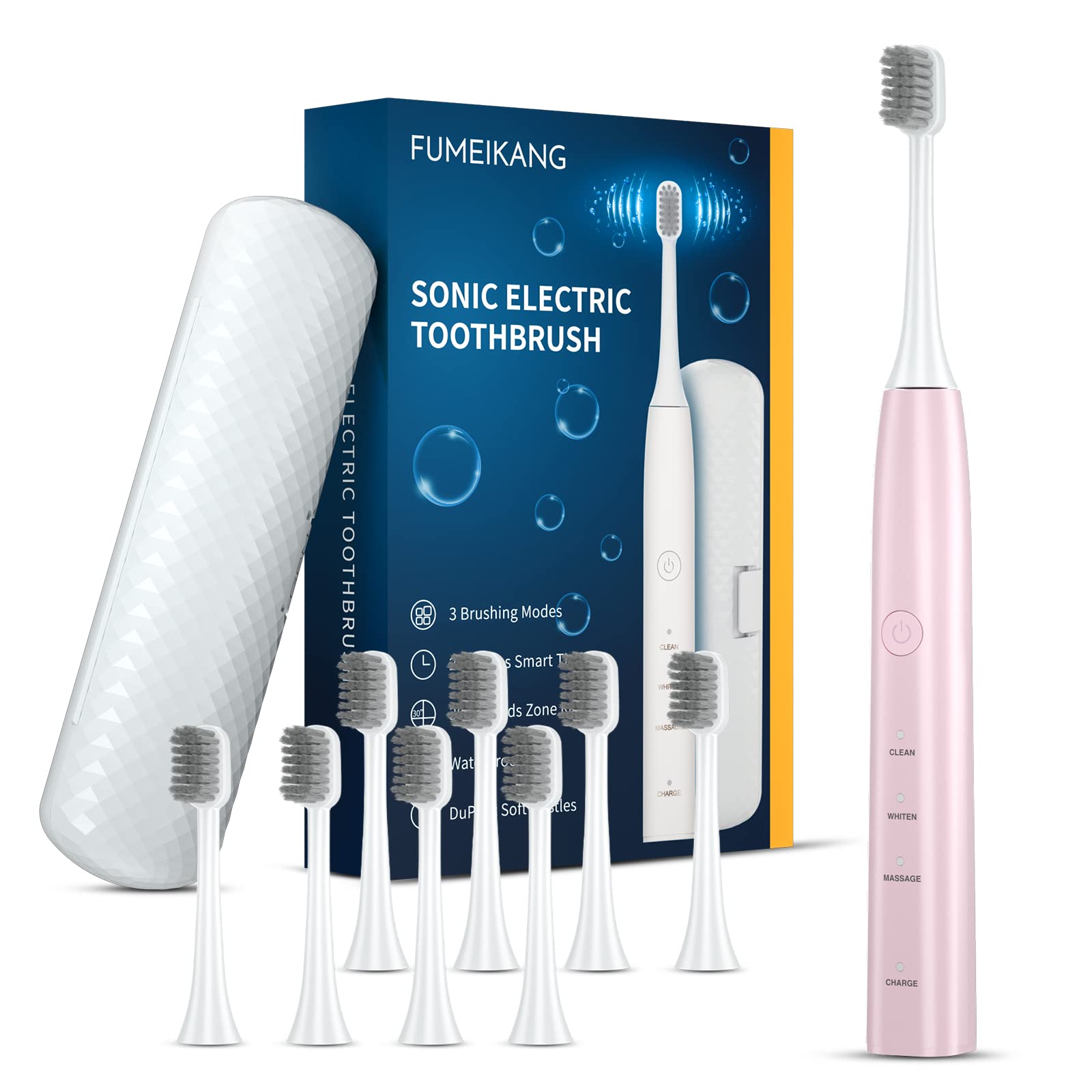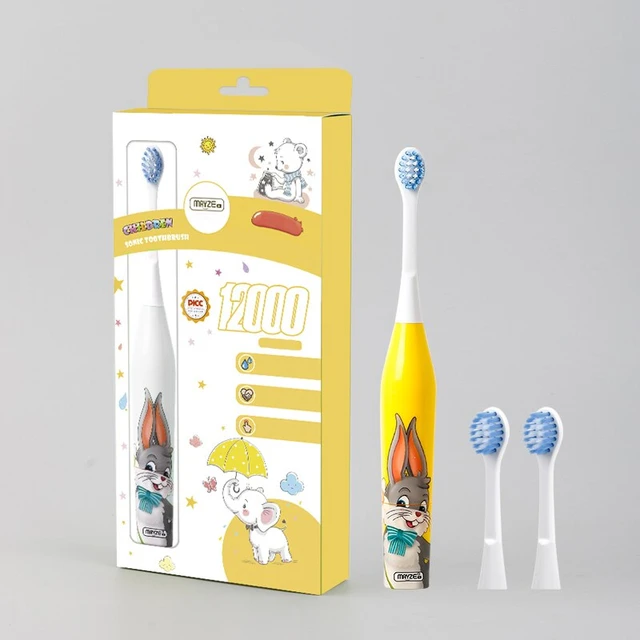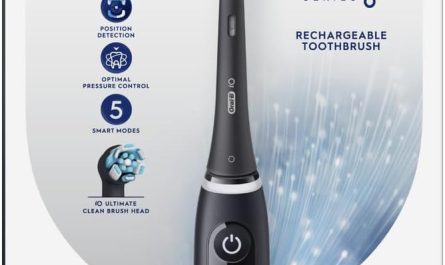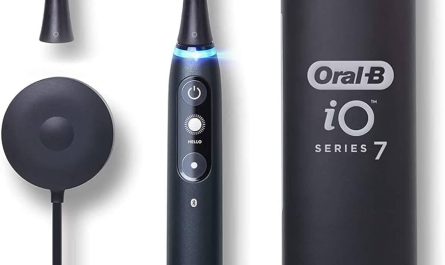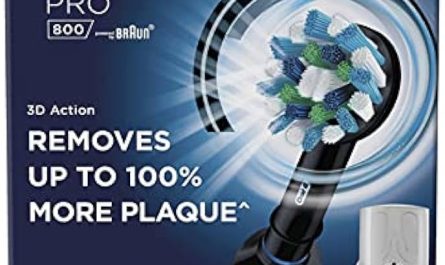The question of whether you can brush your tongue with an electric toothbrush is both simple and complex. While the straightforward answer is yes, there are several considerations that warrant a deeper exploration. In this article, we will delve into the advantages and disadvantages of using an electric toothbrush on your tongue, the anatomy of the tongue, its role in oral health, and alternative methods for maintaining a clean tongue. By the end, we’ll provide comprehensive insights and recommendations for achieving optimal oral hygiene, particularly focusing on the often-overlooked area of the tongue.
The Anatomy of the Tongue
Understanding the tongue’s anatomy is essential when considering the brushing techniques that may be employed. The tongue is a muscular organ covered with a mucous membrane, which presents its unique challenges for cleaning.
Structure and Surface
The tongue consists of several parts, including the body, tip, and root. The surface is covered with tiny bumps known as papillae, which play a crucial role in taste sensation and food manipulation. These papillae can also harbor bacteria, food particles, and dead cells, contributing to bad breath and other oral health issues.
Microflora
The microbial community residing on the tongue is diverse. While many bacteria are beneficial, others can lead to oral diseases if allowed to proliferate. Thus, keeping your tongue clean is crucial for a holistic approach to maintaining oral hygiene.
Advantages of Using an Electric Toothbrush for Tongue Cleaning
Now that we’ve outlined the importance of the tongue in oral health, let’s look at the advantages of using an electric toothbrush to clean this often-neglected part of the mouth.
Enhanced Cleaning Power
One of the primary advantages of using an electric toothbrush is its ability to provide a more vigorous cleaning compared to manual brushing. Electric toothbrushes can deliver anywhere from 20,000 to 40,000 brush strokes per minute, which can be particularly effective when targeting the tongue’s surface and the crevices between the papillae.
Built-in Timers and Pressure Sensors
Most electric toothbrushes come with built-in timers that encourage users to brush for the recommended two minutes. Some models even feature pressure sensors that alert you if you’re brushing too hard. Both of these features can enhance your tongue-brushing technique, ensuring that you spend ample time cleaning this vital organ without applying excessive force.
Ergonomic Design
Electric toothbrushes are often designed to be more ergonomic than manual brushes. Their handles can be easier to grip, and many models have brush heads shaped specifically to fit the unique contours of the mouth. This adaptability makes it easier to clean the tongue effectively without straining your hand or wrist.
Motion and Technology
The oscillating, rotating, or sonic movements of electric toothbrushes can help dislodge food particles and bacteria more effectively than the traditional up-and-down motion of manual brushes. Additionally, some toothbrushes come with specialized tongue-cleaning features, enhancing their effectiveness when used on the tongue.
Disadvantages of Using an Electric Toothbrush for Tongue Cleaning
While the advantages are noteworthy, it’s essential to consider the potential downsides of using an electric toothbrush on your tongue.
Sensitivity Concerns
Some individuals may find that the vigorous brushing action of an electric toothbrush can be too harsh, leading to discomfort or increased sensitivity. The tongue is a sensitive area, and overzealous brushing can lead to irritation or even injury.
Learning Curve
If you’re new to using an electric toothbrush, there may be a learning curve involved. Adjusting to the different brushing techniques can be challenging, especially when targeting specific areas like the tongue. Improper use can diminish the effectiveness of tongue cleaning.
Maintenance and Cost
Electric toothbrushes are typically more expensive than their manual counterparts. They also require charging or battery replacements, which may be an added hassle for some users. Furthermore, brush heads need to be replaced every few months, adding to the overall cost.
How to Properly Clean Your Tongue with an Electric Toothbrush
If you’ve decided to give tongue brushing with an electric toothbrush a try, it’s essential to do it correctly to maximize the benefits and minimize potential downsides. Here’s a step-by-step guide to effective tongue cleaning.
Choose the Right Brush Head
When it comes to brushing your tongue, using a brush head designed for gentle cleaning is crucial. Many brands offer soft-bristle heads that can be particularly effective on sensitive areas like the tongue.
Positioning
Extend your tongue outwards and slightly downwards to allow for optimal access. This positioning makes the surface of your tongue more accessible and prevents gagging, which can be a concern for some people.
Gentle Technique
Turn on your electric toothbrush and select a low-speed setting if applicable. Begin at the back of your tongue and move the brush forward. Use a gentle back-and-forth motion rather than aggressive scrubbing. Spend about 30 seconds on this area to allow for effective cleaning.
Rinse and Repeat
After you’ve brushed your tongue, rinse your mouth thoroughly to remove any dislodged particles. If you like, you can follow up with mouthwash for added freshness.
Alternative Methods to Clean Your Tongue
While electric toothbrushes can be effective, they are not the only option for maintaining a clean tongue.
Manual Scraping
Tongue scrapers are specialized tools designed specifically for cleaning the tongue. They are often made of stainless steel or plastic and come in various shapes and sizes. Many people find that tongue scrapers can provide a more thorough clean than traditional brushing methods.
Mouthwash
Rinsing with an antibacterial mouthwash can help reduce harmful bacteria present on the tongue. However, it’s essential to note that mouthwash should not replace brushing or scraping; rather, it should be a supplementary step in your oral care routine.
Salt or Baking Soda Paste
Some individuals prefer to create a cleaning paste using salt or baking soda mixed with water. This paste can then be applied to the tongue using either a toothbrush or a scraper, providing a natural method for tongue cleaning.
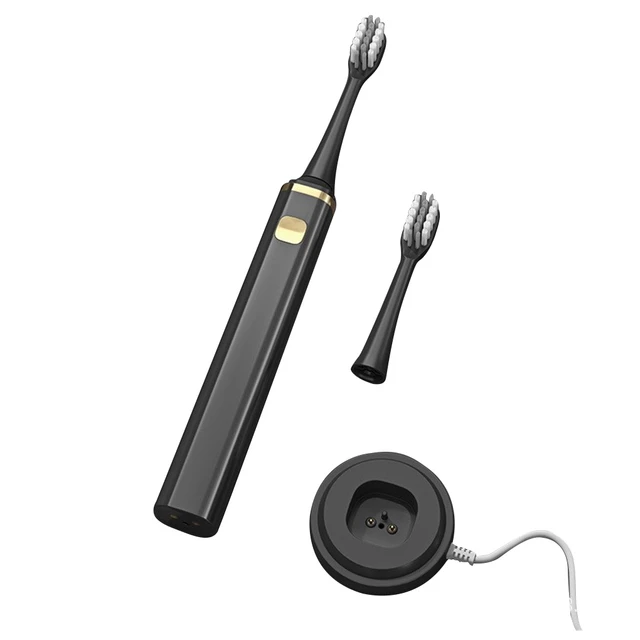 The Role of Diet in Tongue Health
The Role of Diet in Tongue Health
Maintaining tongue health is not just about cleaning; it also extends to your diet. Certain foods can encourage the growth of bacteria, while others can help keep your mouth and tongue healthier.
Foods to Avoid
Sugary foods and beverages can promote the growth of harmful bacteria in the mouth. Processed foods, which often have high levels of sugar or artificial preservatives, can also contribute to tongue issues.
Foods to Embrace
On the other hand, a diet rich in fresh fruits and vegetables can promote better oral health. Crunchy vegetables like carrots and cucumbers can act as natural scrubbing agents. Foods high in probiotics, such as yogurt, can also contribute to a healthier mouth environment.
Conclusion
In summary, can you brush your tongue with an electric toothbrush? Yes, you certainly can. However, it’s vital to consider the various advantages and disadvantages, as well as the most effective techniques for achieving a clean tongue. By incorporating the use of an electric toothbrush, tongue scrapers, and a balanced diet into your oral care routine, you can significantly improve your overall oral health. Remember that taking care of your tongue is as crucial as taking care of your teeth and gums. Consistent attention to this aspect of personal hygiene will not only enhance your breath but also contribute to a healthier mouth, making it worthwhile to invest time and effort into tongue care.

